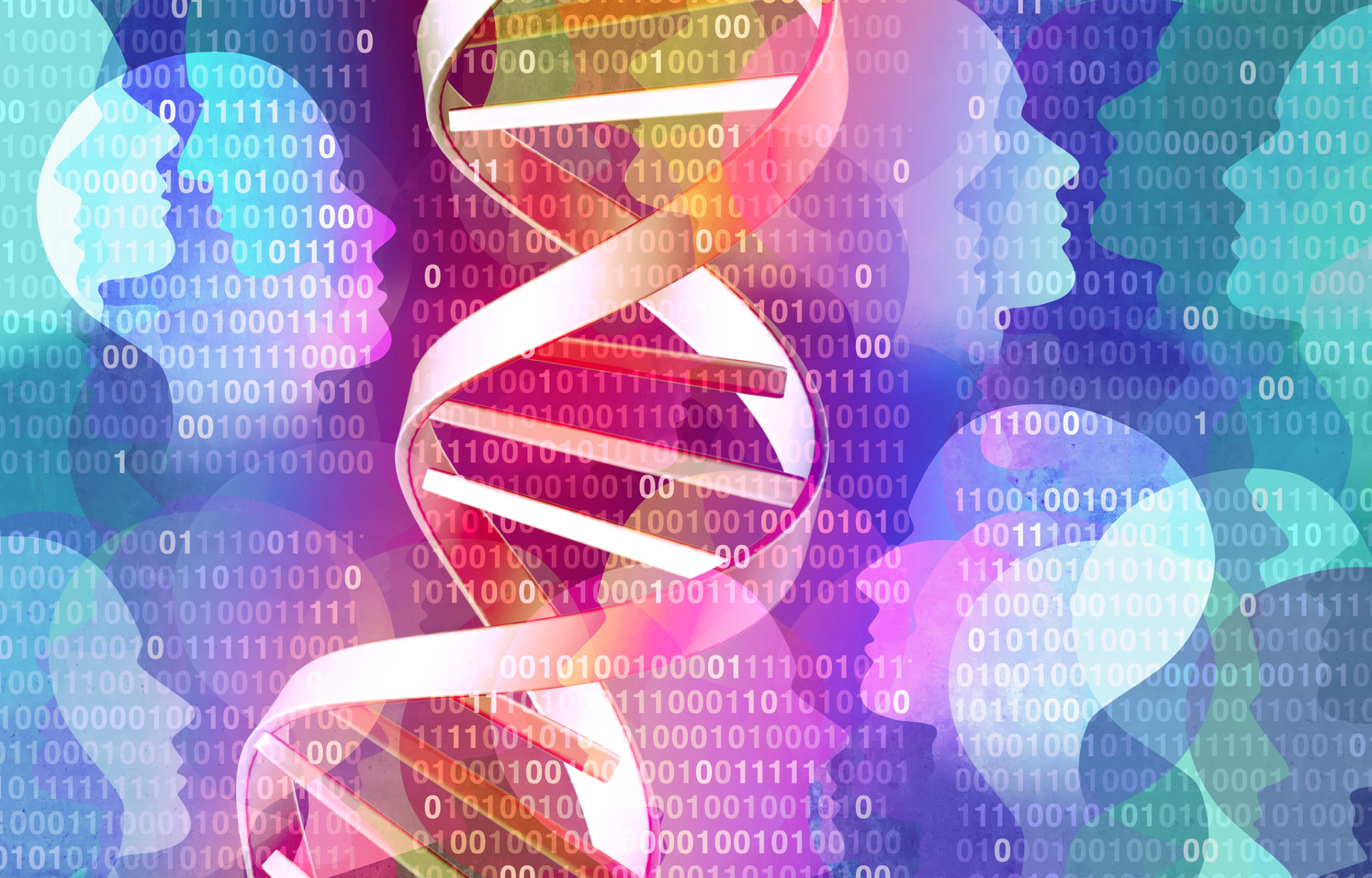5 Common Myths About DNA Testing Debunked
Understanding DNA Testing
DNA testing has become a popular tool for uncovering family history, determining ancestry, and even solving criminal cases. However, despite its widespread use, there are still several myths and misconceptions surrounding DNA testing that cause confusion. In this post, we'll debunk five common myths to help you better understand what DNA testing can and cannot do.

Myth 1: DNA Testing Provides Exact Ancestral Origins
Many people believe that DNA testing can pinpoint their exact ancestral origins. While it's true that these tests can provide insights into your genetic background, it's important to understand that they offer estimates. The results are based on comparing your DNA to reference populations, which means they can highlight regions where your genetic markers are common but cannot specify exact locations or tribes.
Myth 2: DNA Tests Are 100% Accurate
Another common misconception is that DNA tests are infallible. While they are highly accurate in terms of genetics, there is still a margin of error. Factors like sample contamination, laboratory errors, or misinterpretation can affect results. It's essential to approach DNA testing as a tool for guidance rather than an absolute answer.

Myth 3: DNA Testing Can Predict All Diseases
Some believe that DNA tests can predict all possible diseases they might face in the future. While certain tests can identify genetic predispositions to specific conditions, they are not comprehensive. Environmental factors, lifestyle choices, and other non-genetic variables play significant roles in disease development. Therefore, DNA testing should be used as part of a broader health assessment.
Myth 4: All DNA Tests Are the Same
Not all DNA tests are created equal. Different tests focus on various aspects of genetics, such as ancestry, health predispositions, or genealogical connections. Understanding the purpose and limitations of the test you choose is crucial in interpreting the results correctly.

Myth 5: Your Data Isn't Secure
Concerns about data privacy are valid, but most reputable DNA testing companies have stringent security measures in place to protect your information. It's important to read the privacy policies and understand how your data will be used or shared before proceeding with a test. By choosing a trusted provider, you can ensure your genetic data remains secure.
Conclusion
DNA testing can be a valuable tool for discovering more about your ancestry and health. However, it's crucial to approach it with a clear understanding of its capabilities and limitations. By debunking these common myths, you can make more informed decisions and better utilize the insights from your DNA test results.
